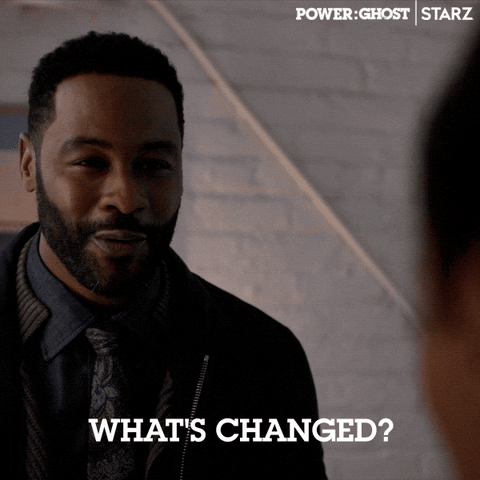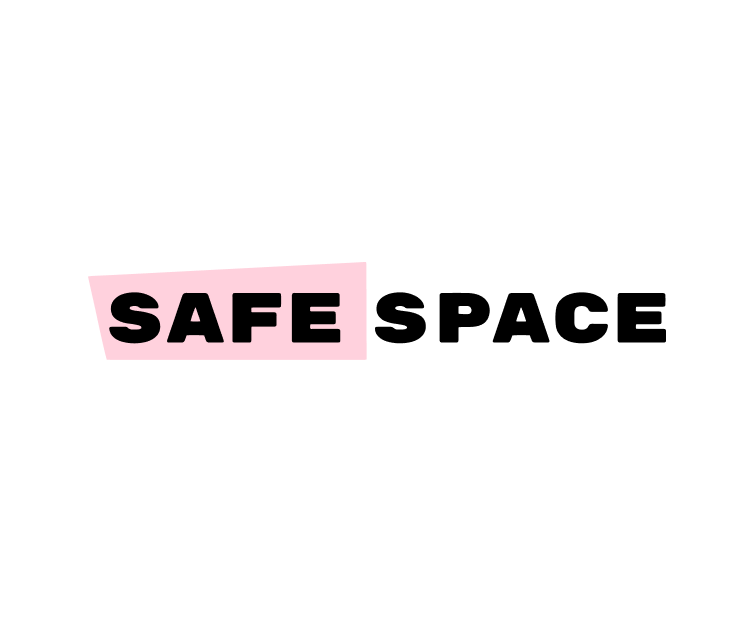
In the Summer of 2020 we saw corporate America jump into action with commitments, dollars and initiatives for how they would be addressing systemic racism.
Bold statements about the importance of diversity, equity and inclusion were made. Companies seemed accountable more than ever for creating inclusive workplaces where everyone could thrive.
But, was it all an act?
Almost three years later and what has really changed?
Truthfully, sometimes it feels like not much. I mean recently a WSJ journalist proposed that the collapse of SVB was because they were distracted by diversity. Are you effing kidding me?
While it might take more than a few years and bold statements to see real systemic change, supporting hybrid work is a move in the right direction.
Why?
Because the hybrid work provides flexibility which fuels inclusion.
Flexibility fosters inclusion:

Did you know that hybrid work has been shown to improve belonging, engagement and retention?
Why?
Because the hybrid world allows for flexibility and flexibility is the key to valuing all experiences and perspectives.
What do I mean?
✔️ Flexibility to decide WHEN and WHERE you do your best work.
✔️ Flexibility to process your emotions in the privacy of your home rather than on display in an office. (Despite that bring your full self to work phrase, many underrepresented groups have to mask and code switch in the office!)
✔️ Flexibility to balance your personal life errands like childcare, laundry, grocery shopping, and exercise with daily work tasks.
Flexibility is essential to your DEI strategy!
JOIN 130K+ HR LEADERS
Get insights, learnings, and advice on how to build companies and cultures that people actually love.
No spam. Unsubscribe any time.
To note: flexibility can also introduce new challenges, especially when considering the in-office vs remote split. The last thing you want is for some employees to feel invisible!
A lot of work in building inclusive workplaces starts on the team level.
What teams can do to build inclusive workplaces:

At the end of the day you can set all the goals you want to improve diversity but if you don’t invest in building inclusive workplaces you’ll never be able to support your employees.
Creating a workplace where everyone could thrive is not just the job of HR.
Everyone plays a role in building inclusive workplaces, including managers and employees.
Here are 2 tips for building inclusive workplaces in the hybrid world:
1. Continue to support work-life balance and embrace flexibility. Flexibility is core to inclusion because it takes into account all the various perspectives and experiences. It’s not enough to say your company is flexible, you need to SHOW employees what that means.
Data point: 60% of employees polled ranked work-life support as the top inclusion practice they want their organization to improve.
How to do that:
- Improve your parental leave practices
- Allow flexible working hours: not everyone is their best self at 9AM… allowing folks to work hours that work best for them is a game changer! Try asking your team when they get their best work done and keep that in mind for scheduling any working sessions.
- Flexible PTO: not everyone celebrates the major holidays so consider adding a category of PTO for flex holidays.
Managers, practice what you preach! If you show your team that you embrace the flexibility they will feel inspired to do the same.
2. Support team building. Trust is the foundation of any great team but building trust in the hybrid world isn’t easy. We’re all running from meeting to meeting and firing off curt slacks. The opportunity for miscommunication and stress is HIGH if there’s a lack of trust.
How to build trust as a team:
- Discuss how you want to challenge ideas as a team
- Allow for collaboration and supporting ALL perspectives. BTW this fosters belonging and will help everyone feel valued and heard.
- Create inclusive events. Please stop centering all your team bonding events around alcohol or only hosting them after work! Team events are a great way to build and lose trust. When hosting a team event be mindful of how inclusive it is.
The hard part about inclusion? You may never be able to build an environment where everyone truly feels included.
But that doesn’t mean we shouldn’t try.
There’s so much to unpack here and that’s for another day and another send.


